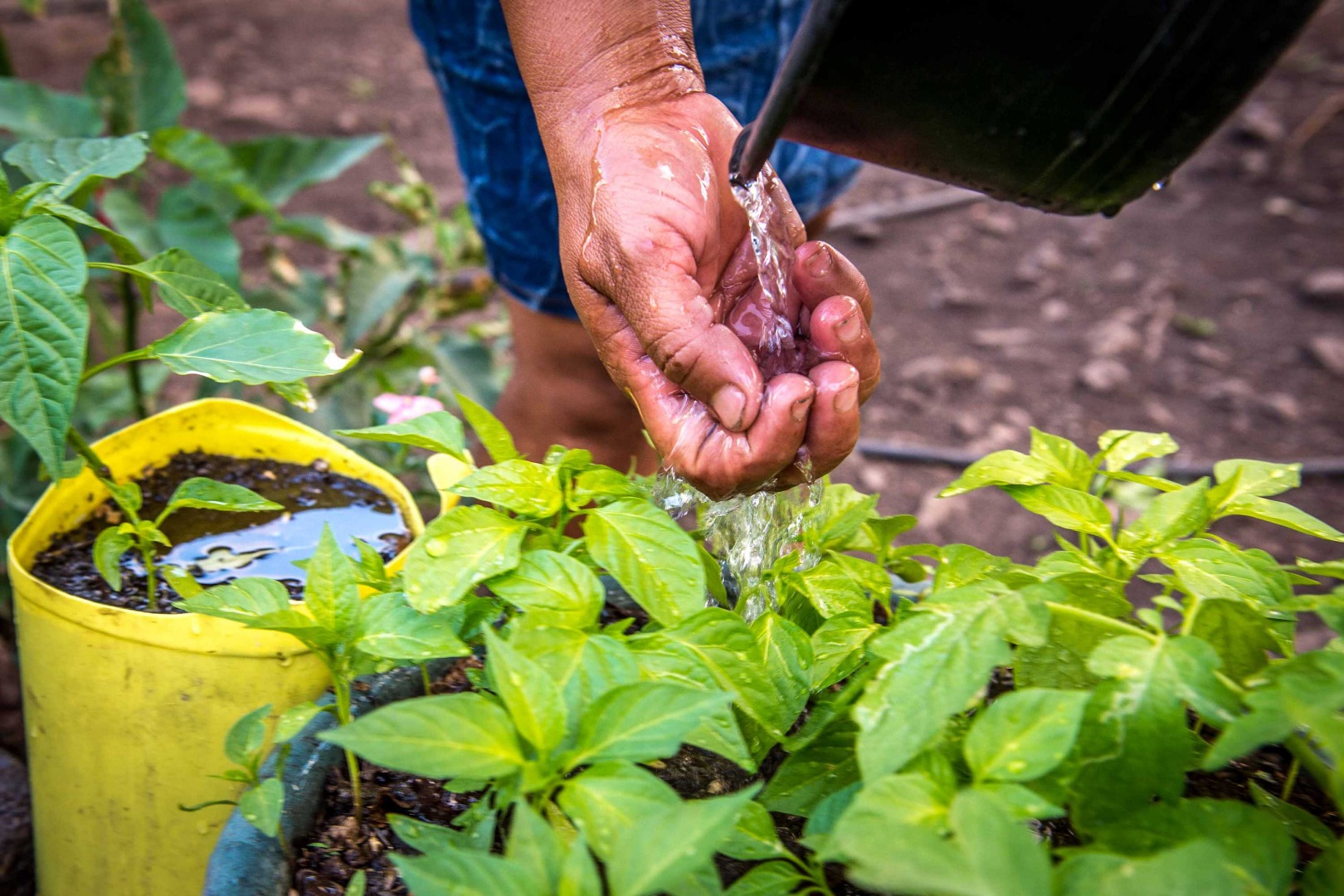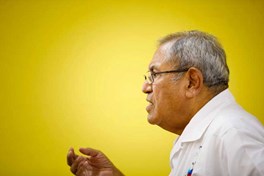Below are 8 things you can do to reign in Climate Change according to Friends Of The Earth.
1. Tell the government to act now
Time is running out to stop catastrophic climate change.
The solutions are out there, and if we act quickly, we can make them a reality. We want the UK government to adopt a Climate Action Plan. By cutting greenhouse gas emissions, we can build climate-friendly communities — with warm homes, clean air, green jobs and thriving wildlife.
How climate friendly is your community?
— — — — — — — —
2. Take action in your community
Climate Action groups are the local solution to a global crisis.
Right now people just like you are coming together to develop practical, local solutions and make their towns and cities more climate-friendly. Are you ready to join them? Find out what’s happening near you.
Take climate action
— — — — — — — —
3. Power up on plants
Meat and dairy production is responsible for 14% of global climate-changing emissions.
Too much meat is no good for your health either. Each year we could prevent thousands of early deaths in the UK, and save the NHS a fortune, by eating low-meat or no-meat diets.
There’s plenty of easy ways to reduce your impact, for example order a veg box straight to your door or eating less (and better) meat and dairy from local farms.
Get a Bee-friendly veg box
— — — — — — — —
4. Top up your fitness
Petrol and diesel cars spew out lots of climate-wrecking emissions. They also increase air pollution.
Most car trips in the UK are relatively short — under 5 miles. So it’s fair to say many of us could be leaving the motor at home more than we are. Top up your fitness and tackle climate change at the same time by cycling or walking. Too tired? Hop on the bus or train.
Sustainable travel tips
— — — — — — — —
5. Get your electricity from the wind and the sun
Wouldn’t it be nice to weaken the big climate polluters that burn fossil fuels like coal, oil and gas?
You can. In just 5 minutes you can switch to a green-energy provider, without any disruption to your supply. Every person choosing a green tariff adds to the movement for more renewables.
Switch to Green energy
— — — — — — — —
6. Take the train, not the plane
Your carbon emissions will be sky high if you fly frequently.
From the mountains of Snowdonia to Cornwall’s beautiful beaches, think about all the beautiful places in the UK you can reach without flying.
Europe is home to some of the world’s most beautiful train stations. From the botanical garden at Madrid Atocha, to the Neo-Baroque central station of Antwerp and the powerful Art Deco and Art Nouveau of Milano Centrale. Another reason to ditch the plane for the train.
No-fly holiday ideas
— — — — — — — —
7. Save energy at home
Even though a lot of our electricity now comes from renewables, the UK still powers up on a lot of climate-wrecking gas. So an energy-guzzling home is bad for the climate as well as your pocket.
Turning off lights and unplugging appliances will help, but your heating could be undoing all your good work.
Make a dent in your carbon emissions by properly insulating your home. There are more eco-friendly heating options too, like smart controls and heat pumps.
Energy-saving tips
— — — — — — — —
8. Move to a green bank
Are your savings for the future being used to make that future worse? Choose a bank that invests in the type of things you agree with.
Friends Of The Earth recommend, Triodos — they invest in socially and environmentally beneficial projects. Your money will help slow climate change, create jobs and drive green industries.
Move to a Green bank
— — — — — — — —
Find out what groups and organisations are out there to help you tackle Climate Change.



















